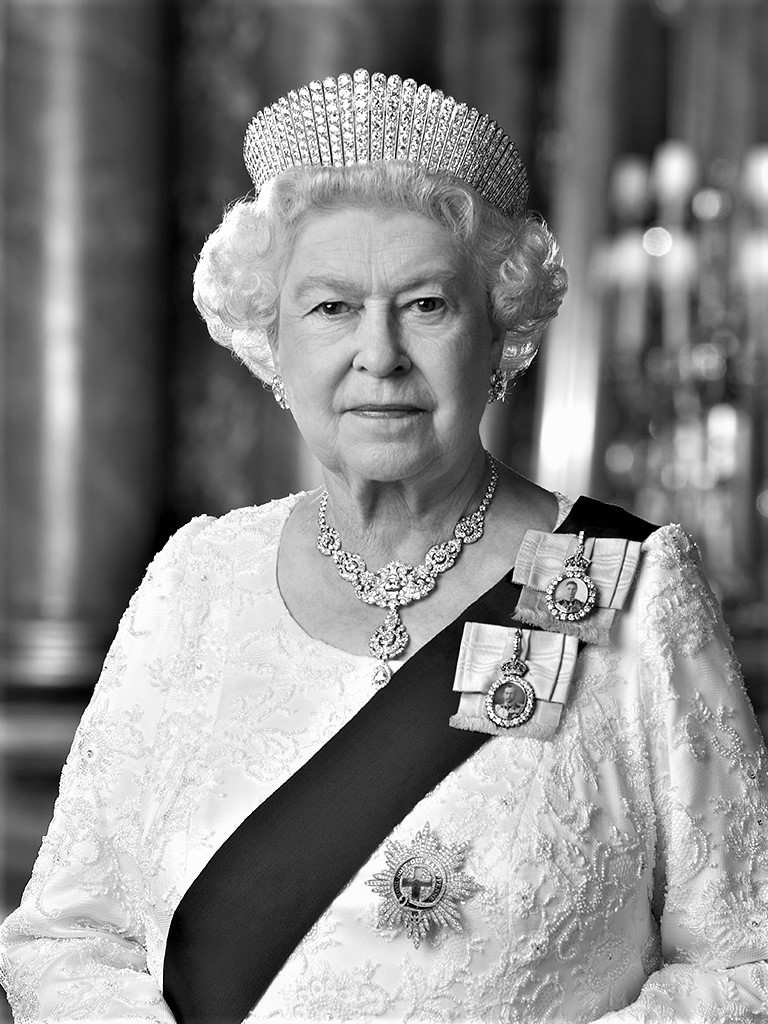Since October 2018, the Least Restrictive Care Steering Group has been established, meets monthly and has multi-professional membership. This group sets pace, directs and guides the least restrictive care work in particular restraint reduction and violence reduction - including explicit focus on the reduction of prone restraint. Each ward has a Least Restrictive Care lead.
The Violence and Aggression Management Advisor is currently undertaking the Scottish Improvement Leaders Programme and has prone reduction as his primary improvement area.
Each ward is supported with monthly restraint data which is in turn reported nationally and this is displayed on ward level dashboards and monitored at the Least Restrictive Practice Steering Group. All incidents of restraint are logged on our system for reporting and assurance purposes and we are constantly reviewing levels of reporting.
Mental Health Quality Improvement and Practice Development
Here are some of the key improvements that are being taken forward by the Mental Health Quality Improvement and Practice Development team.
Least Restrictive Care
Alternatives to Self Harm/Self Soothe Boxes
Ward 1 has been leading the development of the use of self-soothing and alternatives to self harm boxes as a patient-led early intervention in response to stress and distress. The contents of the boxes have been developed listening to patient feedback and are used frequently. In particular, the alternatives to self-harm boxes support patients with safe alternatives to manage risk behaviours.
These interventions are based on patient feedback and lived experience. We acknowledge that whilst all wards now have both access to increased funds and have boxes, further improvement is required and there is work ongoing around the scale up and spread so that this is consistently applied across the whole service.
These interventions are based on patient feedback and lived experience. We acknowledge that whilst all wards now have both access to increased funds and have boxes, further improvement is required and there is work ongoing around the scale up and spread so that this is consistently applied across the whole service.
Staff, lived experience and Carer Involvement in Quality Improvement
Over the course of the last year, not including the Quality Improvement Team, there are now more than 100 members of staff involved in quality improvement networks over the General Adult Psychiatry wards, each identified as either a champion for a new initiative or part of the supporting network.
We continue to seek feedback in innovative, dynamic and real-time ways including:
• Patient and carer-led walk rounds in line with the 15 steps challenge.
• Patient Safety Climate Tool – this is being led by Health Minds Dundee and Mindspace Perth. This is clear evidence of our improved approach to working in partnership with service users and carers.
We continue to seek feedback in innovative, dynamic and real-time ways including:
• Patient and carer-led walk rounds in line with the 15 steps challenge.
• Patient Safety Climate Tool – this is being led by Health Minds Dundee and Mindspace Perth. This is clear evidence of our improved approach to working in partnership with service users and carers.
Improving Observation Practice
The Intensive Psychiatric Care Unit (IPCU) team at Carseview Centre has been recognised with a national award for improving observation practice.
The team picked up the award for Inpatient Care at the Mental Health Nursing Forum Scotland Awards for its project ‘From Observation to Intervention’.
In August 2018, the IPCU team set an aim of a 50% reduction in one-to-one observations by July 2019. By changing the model and concept of traditional ‘observation’, the team was able to exceed this target and achieve a reduction of 95% in March 2019, five months ahead of schedule.
This has led to staff being able to reinvest the time saved on observations into therapeutic engagement with patients.
Acting clinical team manager Michelle Pocula said, “The change and feel in the ward over the last year has been significant and being the initial pilot ward for improving observation practice in NHS Tayside has been one of the contributory factors.”
The team picked up the award for Inpatient Care at the Mental Health Nursing Forum Scotland Awards for its project ‘From Observation to Intervention’.
In August 2018, the IPCU team set an aim of a 50% reduction in one-to-one observations by July 2019. By changing the model and concept of traditional ‘observation’, the team was able to exceed this target and achieve a reduction of 95% in March 2019, five months ahead of schedule.
This has led to staff being able to reinvest the time saved on observations into therapeutic engagement with patients.
Acting clinical team manager Michelle Pocula said, “The change and feel in the ward over the last year has been significant and being the initial pilot ward for improving observation practice in NHS Tayside has been one of the contributory factors.”
Promotion of activity, structure and therapeutic engagement
All wards aim to provide a minimum of 17 hours of therapeutic engagement and activity both planned and responsive for all patients by the end of March 2020.
Currently a sample of five patients is chosen each week to have their activity recorded, with the number of patients increasing to all patients by end March 2020. Keeping the patient at the centre of the process is being supported through involving patients and carers in the whole process with an emphasis on linking activity with Person Centred Care and The Triangle of Care. Each ward uses Activity Recording tools to promote, support and record patient activity. These tools are being tested and are being run through a number of tests of change.
Currently a sample of five patients is chosen each week to have their activity recorded, with the number of patients increasing to all patients by end March 2020. Keeping the patient at the centre of the process is being supported through involving patients and carers in the whole process with an emphasis on linking activity with Person Centred Care and The Triangle of Care. Each ward uses Activity Recording tools to promote, support and record patient activity. These tools are being tested and are being run through a number of tests of change.
Mental Health Nursing Person Centred Care Planning Standards
The Mental Health Nursing Standards for Person Centred Care Planning were developed in response to local and national Mental Welfare Commission Reports which highlighted that care planning was inconsistent and where care plans were available, they lacked evidence of person centred care.
A Care Planning Collaborative was set up across General Adult inpatient wards to support the implementation of the Standards. In January 2019 the Standards underwent a consultation across NHS Tayside Mental Health Services and were endorsed by the Nurse Director in May 2019.
The Standards have been presented to all clinical teams and referenced by the Mental Welfare Commission in their recently published ‘Person Centred Care Plans, A Good Practice Guide’.
A Care Planning Collaborative was set up across General Adult inpatient wards to support the implementation of the Standards. In January 2019 the Standards underwent a consultation across NHS Tayside Mental Health Services and were endorsed by the Nurse Director in May 2019.
The Standards have been presented to all clinical teams and referenced by the Mental Welfare Commission in their recently published ‘Person Centred Care Plans, A Good Practice Guide’.
Tayside Quality Improvement Programme
The second cohort of six mental health nurses from General Adult Psychiatry are involved in the Tayside Quality Improvement Programme working towards developing ‘hot’ debrief tools and protocols for post restraint and post restrictive intervention.

